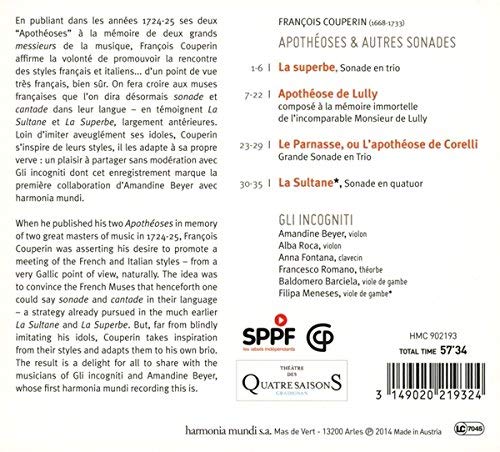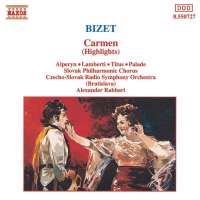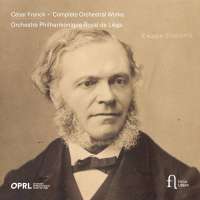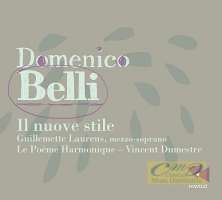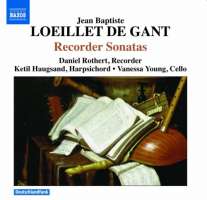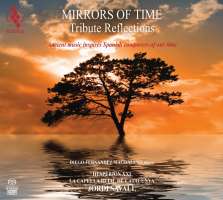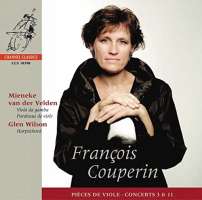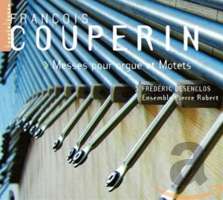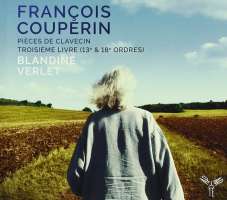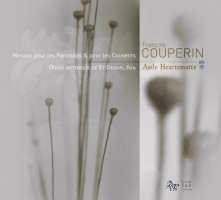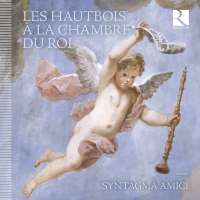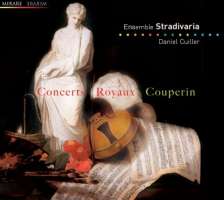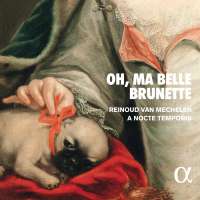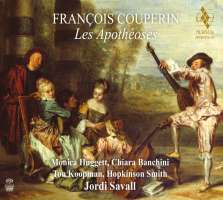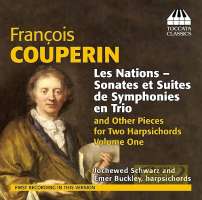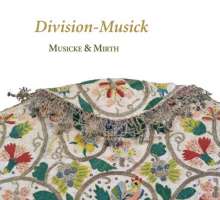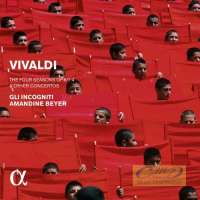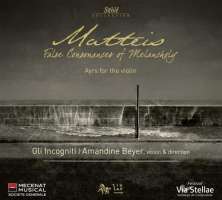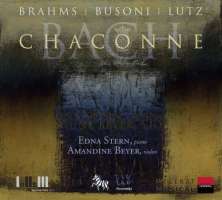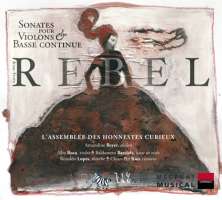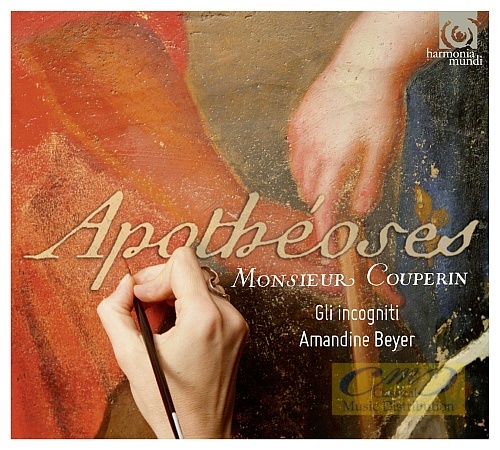
kompozytor
Couperin, François
tytuł
Couperin: Apothéoses & autres Sonades - La Superbe, Le Parnasse, La Sultane
wykonawcy
Gli Incogniti;
Beyer, Amandine
Beyer, Amandine
nr katalogowy
HMC 902193
opis
When he published his two 'Apothéoses' in memory of Corelli and Lully in 1724-25, François Couperin was asserting his desire to promote a meeting of the French and Italian styles albeit from a very Gallic point of view. The idea was to convince the French Muses that henceforth one could say sonade and cantade, ie in their own language, a strategy already pursued in the much earlier 'La Sultane' and 'La Superbe'. Far from blindly imitating his idols, Couperin takes inspiration from their styles and adapts them to his own. The result is a delight for all to share with the musicians of Gli incogniti and Amandine Beyer, whose first recording for harmonia mundi this is. The ensemble founded by Amandine Beyer in 2006 takes its name from the Accademia degli Incogniti, a musical society active in Venice in the 1630s. The choice of name was motivated by the group s taste for the unknown in all its forms, whether this involves experimentation with sonorities, exploration of new repertory, or rediscovery of the classics . The primary aim of its approach founded on the pleasure of a union of tastes (the goûts réunis dear to François Couperin), achieved through collective work, is to convey to its listeners a committed and cohesive vision of the music it tackles. Gli Incogniti's first recordings, devoted to the violin concertos of Bach and Vivaldi, were immediately singled out for mention by the international press. After music by Nicola Matteis and Johann Rosenmüller, in 2013 the ensemble released a new version of Corelli s celebrated Concerti Grossi Op.6 that was awarded a Diapason d Or of the year (Zig-Zag Territoires).
• Couperin, F: La Sultane:
• Couperin, F: Le Parnasse ou L'apothéose de Corelli
• Couperin, F: Grande Sonade, en Trio Couperin, F: L'Apothéose de Lulli
Works:
• Couperin, F: Apothéoses
• Couperin, F: La Sultane:
• Couperin, F: Le Parnasse ou L'apothéose de Corelli
• Couperin, F: Grande Sonade, en Trio Couperin, F: L'Apothéose de Lulli
nośnik
CD
gatunek
Muzyka klasyczna
producent
Harmonia Mundi
data wydania
20-08-2014
EAN / kod kreskowy
3149020219324
Produkt nagrodzony:
American Record Guide: 'Critic’s Choice' (2016)

(Produkt nie został jeszcze oceniony)
cena 64,00 zł
lubProdukt dostepny w niewielkiej ilości.
Wysyłka w ciągu 3 dni roboczych
Darmowa wysyłka dla zamówień powyżej 300 zł!
Darmowy kurier dla zamówień powyżej 500 zł!
sprawdź koszty wysyłki